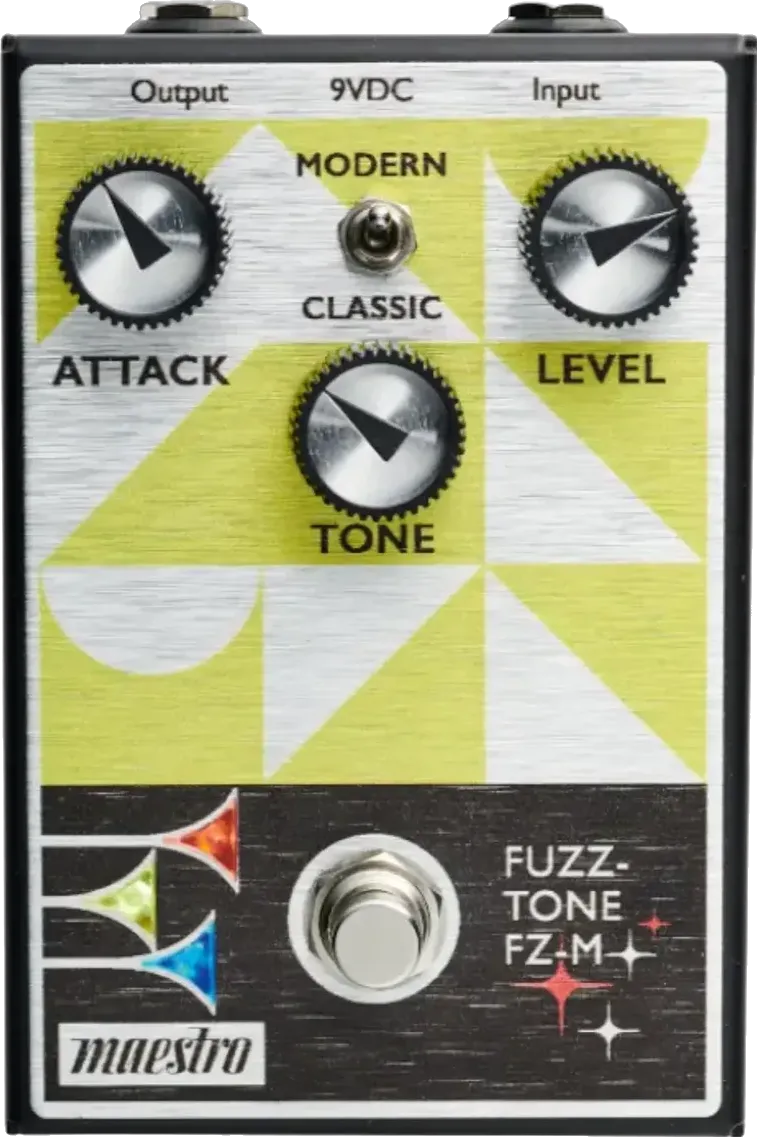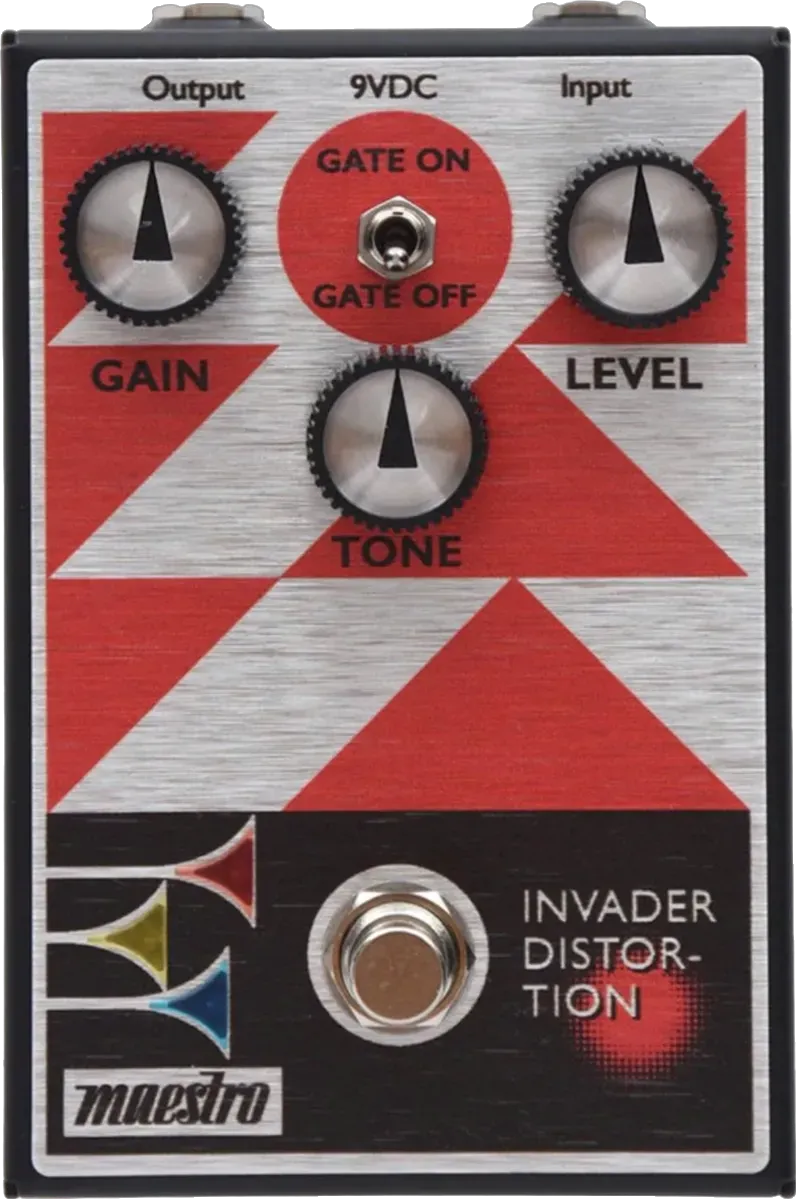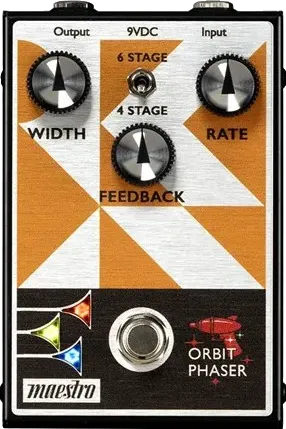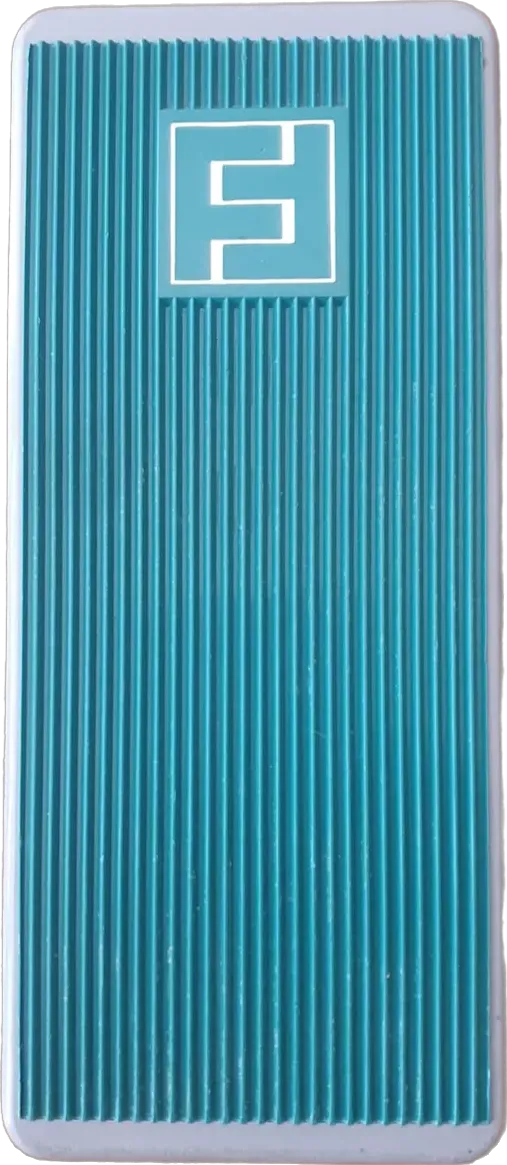Oberheim Ring Modulator RM-1A
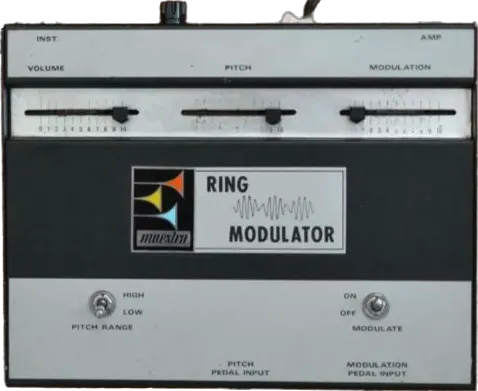
Description
The Maestro Ring Modulator RM-1A is a pioneering guitar effects pedal designed by Tom Oberheim in 1972, renowned for its unique sound-shaping capabilities. It produces complex, dissonant tones by mathematically combining input signals, resulting in metallic, robotic, and sci-fi-like sounds that are not harmonically related to the original input. The RM-1A was one of the first effects pedals aimed at keyboardists and gained popularity among innovative musicians of the era, including Herbie Hancock and Joe Zawinul. Its versatility allows for a wide range of effects, from clangy robot noises to swirly tremolo and even extreme distortion. The pedal's historical significance lies in its role in shaping the experimental sound of late 1960s and early 1970s music, marking an important development in electronic music and effects processing.
